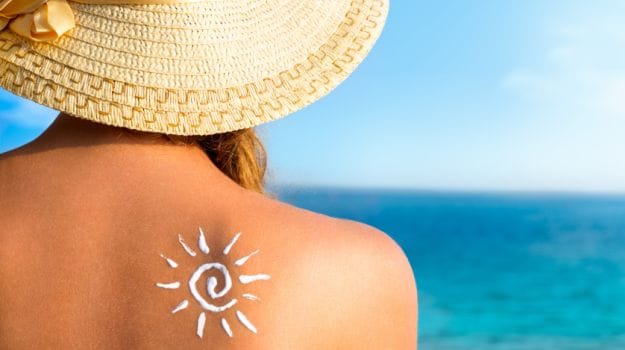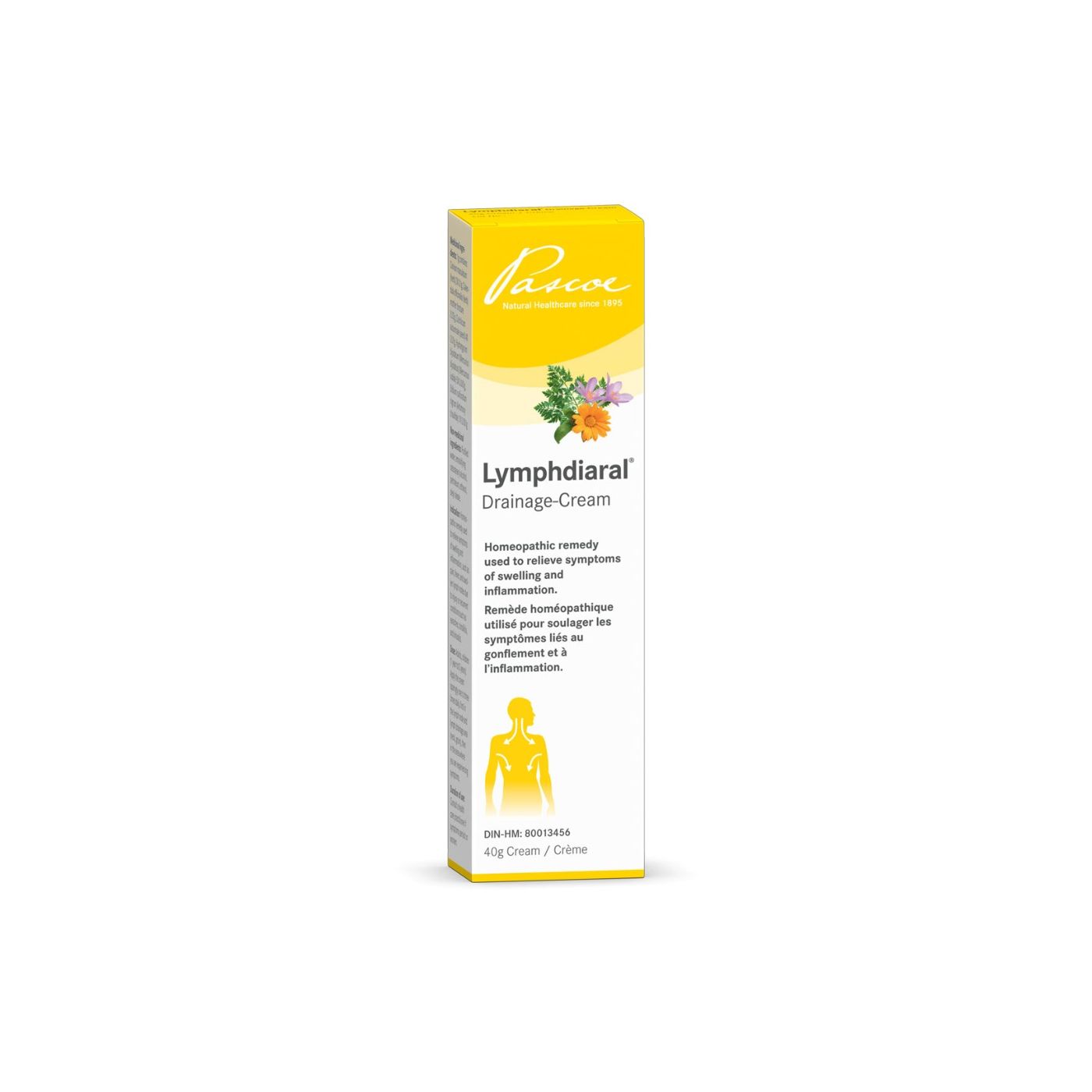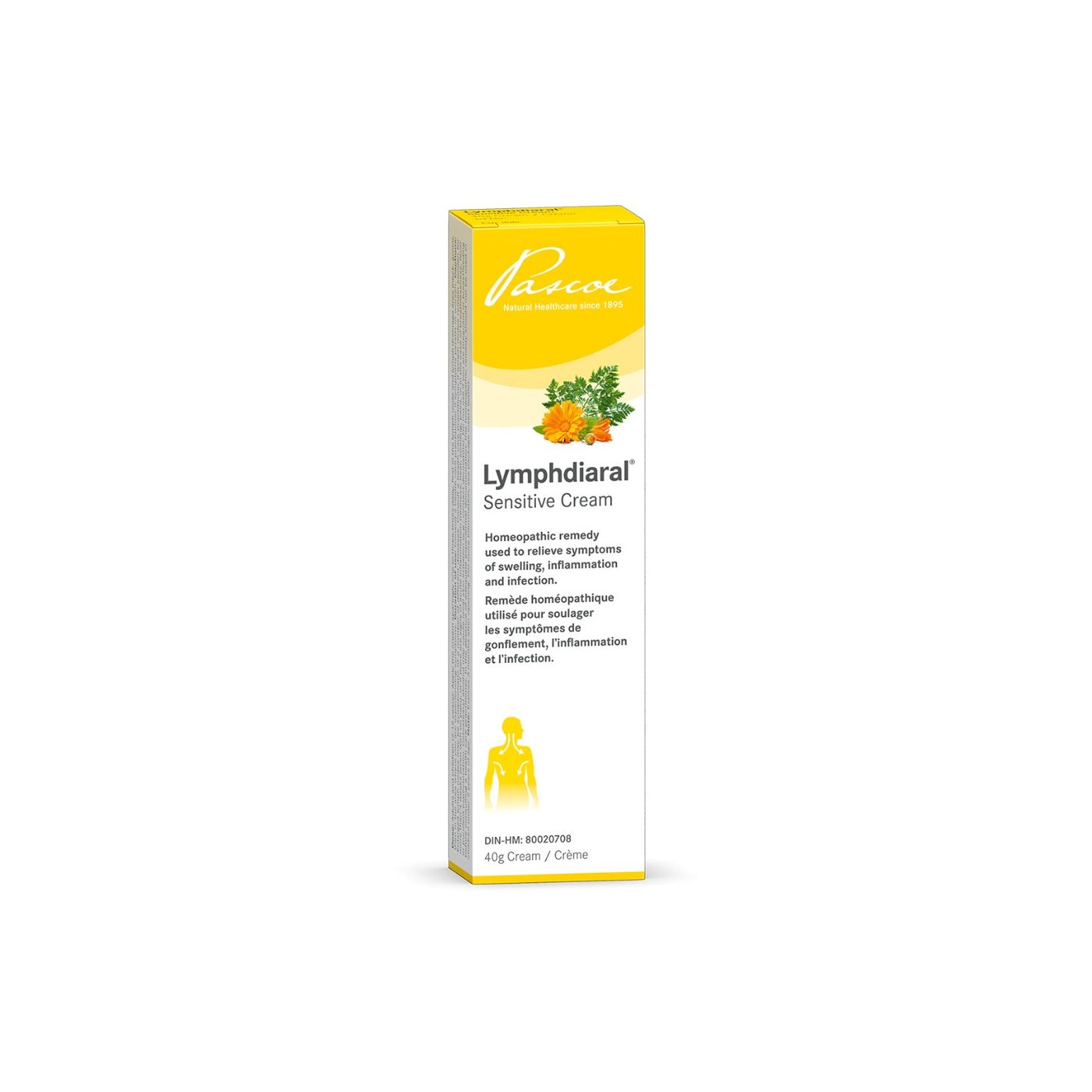Sunburns & Home Remedies
While we start going outside more during the warmer weather, we sometimes tend to forget to protect ourselves from the sun. Thinking a few minutes won’t make a difference, however it does.
The sun is one of the largest stars in our solar system. It radiates energy considered visible light that’s called radiation. Roughly three quarters of the Sun’s mass consists of oxygen, mostly helium, with much smaller quantities including carbon, neon, and iron.
Being the most dominant part of our solar system source, the enormous amount of energy, a portion of which provides Earth with light and heat necessary to support life. The Earth orbits 93 million miles away from the sun.
UV Rays
UV Rays also known as Ultraviolet, which is considered electromagnetic radiation. This is the main source of what is presented in our sunlight. However, not only does it come from our sun it’s also presented in items we use in our daily lives. Things like vapor lamps, tanning lamps and black lamps.


Nonetheless, ultraviolet radiation (UV) is quite hazardous. A portion of the sunlight is only consumed by 10% ultraviolet radiation. The peak time for ultraviolet rays is between 11am-4 pm.
Being out in the sun unprotected can start to damage your skin within 5-10 minutes. It’s tremendously important to protect those potentially affected areas.
Health Risk
Even though the sun may be one gorgeous thing that we all look forward to daily, it is also something that we should protect ourselves from. As previously mentioned, all things with ultraviolet radiation can expose us to health risk factors such as:
- Skin
- Eyes
- Immune System
Excessive sun exposure can damage collagen fiber, destroy vitamin A in the skin, accelerate the speed of aging skin as well as skin cancer. These are all supply factors towards the heredity structure and environment possibilities.
Heat exhaustion is extremely common for people who work outside during the summer. Important to look out for any heat warnings in effect to accommodate your working plans. Sometimes during a heat wave, one doesn’t see how much it has an impact on their overall body health.
How to Protect from Sunburns
There are several ways that one can protect their skin from the UV rays and still enjoy being outside. Applying sunscreens with the proper SPF is one way to maximize the effectiveness. The purpose of the sunscreen is to absorb or reflect the UV rays.
Applying sunscreen can slow down the process of wrinkles, sunspots, and sagging skin. Overall, there are two type of sunscreens:
- Chemical Sunscreen
- Physical Sunscreen
These sunscreen ingredients are different as they do target different things. The Chemical sunscreen is more absorbent and absorbs the sun’s rays rather the Physical sunscreen sits on the layer of your skin to reflect the ray’s. Used as a shield and more common for sensitive skin. Even mineral sunscreens provide protection against the full ultraviolet radiation.
Even when it’s cloudy you can still get a sunburn. The sun may not be physically present doesn’t mean that you can’t get sunburnt through the clouds. The UV rays will get absorbed by the clouds that travel its way down to you.
Even wind burn has the same effect. The same symptoms will arise however this will be produced through a cloudy even perhaps cold, chilly day. That’s why protecting our skin before leaving the house with sunscreen is a great way to help prevent any severe burns that can potentially damage the skin tissue.


It is known that a lot of inflammation can arise from too much sun if you aren’t hydrated. Sun poisoning, heat rash or heat stroke are all things that can surface due to lack of hydration.
Chronic inflammation is caused due to the body’s immune system response against the pathogen. A pathogen is a bacteria or virus also known as an organism that causes diseases.
The body will constantly be fighting toxins especially if swollen or infected due to a burn. Therefore, constantly produce inflammation to fight it. (I don’t think this paragraph is necessary)
Preventing skin cancer is an individual's most important concern. There are many types of skin cancer that one can receive which is why protecting our skin from this is so important.
Of course, going the simpler version by sheltering ourselves under an umbrella or wearing cover up clothes such as long sleeve shirts to help protect our skin. Protecting your eyes with sunglasses and a hat as the sunlight can cause damage.
Even though you should protect yourself from the UV rays, it's also important to safely soak in the sun and let our bodies load up on the Vitamin D that we lack especially after winter.
Home Remedies to help with Sunburn
If you're at home, I’m sure there’s multiple things that you may have that could help with a sunburn. Inflammation or discomfort can be quite unpleasant so here are some things you can do to help relieve these symptoms:
- Aloe Vera - A great succulent plant. Provides the skin with soothing relief of sting or minor sunburn.
- Drink plenty of water - The skin needs moisture to help soothe the minor sunburn. Drink lots of water to help hydrate the body.
- Eating fruit - As previously mentioned, drinking lots of water to help restore and moisture the body. Meaning drinking more water, however, can also eat plenty of fruit that contains lots of water. Such as Watermelon, apples, pears, and oranges.
- Moisturize- using scent free and dye free moisturize to help prevent the skin from peeling. This can also be used for sensitive skin.
And of course, stay out of the sun until you are feeling better. These are just simple tips and tricks to help one with minor sunburn symptoms. If any additional or severe symptoms, please it’s always a good idea to visit your family doctor for medical advice.
But remember, you can most certainly enjoy the beautiful outdoors at the beach, playing sports, tanning, on a walk or sitting on a patio. It is just important that while you’re enjoying the gorgeous fireball, to also make sure you are protected at most. Nothing like having to be cooped up away while healing. If you can’t find shade, or you're out in the pool, make sure to apply water resistant sunscreen to give you that maximum protection.
For all the heliophilia's, it's time to go and enjoy summer!
Disclaimer
Pascoe Canada does not offer health or medical advice as we are not a healthcare practitioner. Please speak with your healthcare practitioner before beginning any program related to nutrition, diet, exercise, fitness, medical, and/or wellness. All content published by Pascoe Canada is developed through collaborating with licensed medical professionals and contributors. This includes text, graphics, images, and other material on the website, newsletter, and products (“Content”). This content is for informational purposes only and does not constitute medical advice. The content does not substitute professional medical advice, diagnosis, or treatment. Please always do your own research on whether this is for you along with your healthcare practitioner advice. Always consult your healthcare practitioner prior to using specific herbs because you might have underlying conditions that need professional care. The content is general in nature and is subject to change. It is not intended to cover all possible uses, directions, precautions, warnings, drug interactions, allergic reactions, or adverse effects.




